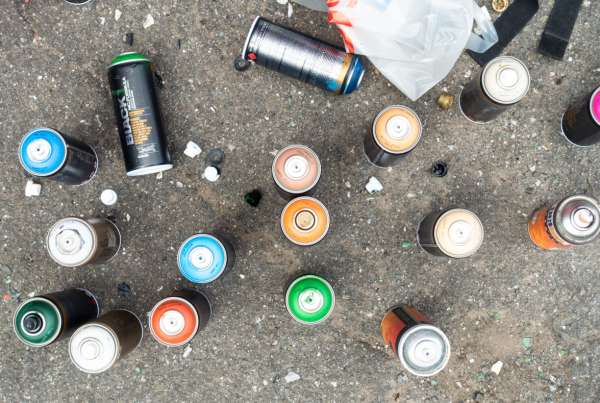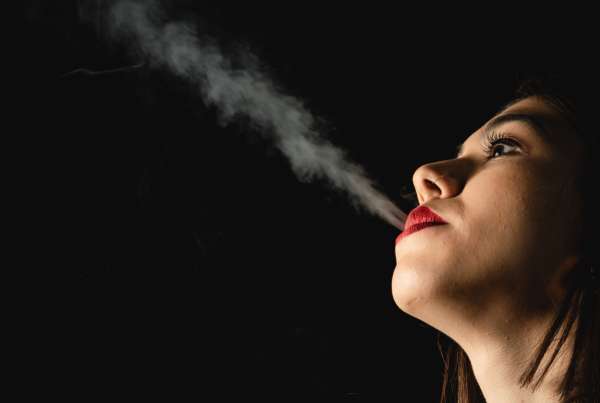Recovery needs to be safe. It needs to be a place where we can shed our layers of fear and self-loathing and learn to be good enough as we are. It needs not to be the predatory place it’s become, where young girls learning to navigate a sober path to recovery end up falling prey to older men acting out their rescue fantasies (or worse). The notion of the 13th step (the unwritten yet prevalent practice of someone with longer sobriety praying on the vulnerability of the newcomer of the opposite sex) is alive and well, making for high levels of emotional risk for those coming in, particularly when one shares something deeply personal from the podium at a mixed meeting.
When I got sober, I was a 21-year-old maniac. The concept of boundaries were foreign to me, and I was often known to place myself in unsafe situations—an unfortunate by-product of my previously self-depleting, self-deprecating life prior to recovery. But I got lucky. I had an Eskimo, who acted as my big brother, scooping me up under his wing and holding the predators at bay. I wasn’t protected forever, though. I still managed to get myself into incredible trouble, acting out left and right, because I hadn’t yet learned how to use to the tools of recovery. I hadn’t learned how to create and maintain boundaries. I hadn’t learned that emotional and physical safety was necessary for me to heal and get sober. It didn’t take long for me to discovery that these were the things that I needed to learn from the women in the rooms. Big brother or not, some things just don’t go over well.
It takes time to learn the value of sharing in a general way. New, we’re raw and often unedited. Add adolescence to the mix, and being unedited is par for the course especially with the innate desire to fit in, the need to individuate, and the added weight of navigating a path in recovery. Yes, there are a bevy of young people’s meetings, where the majority of the attendees are more relatable. What seems to be missing, however, is a wide variety of young people’s stag meetings. It’s too bad, because those are the meetings where you can share more candidly and without invariably placing yourself at risk.
So, what does one do when your world is crumbling and you need to drop down to your emotional bare bones? You can start by sharing the deeply personal, vulnerable, emotionally dangerous shares for those who have your best interests in mind: your sponsor, your therapist, or a friend close to you that has a solid foundation in recovery. Lean into the gendered sails of those who’ve walked the path before you. Trust me on this: getting sober is the easy part. It’s staying sober and safe that takes work. That’s what stags are there for.








